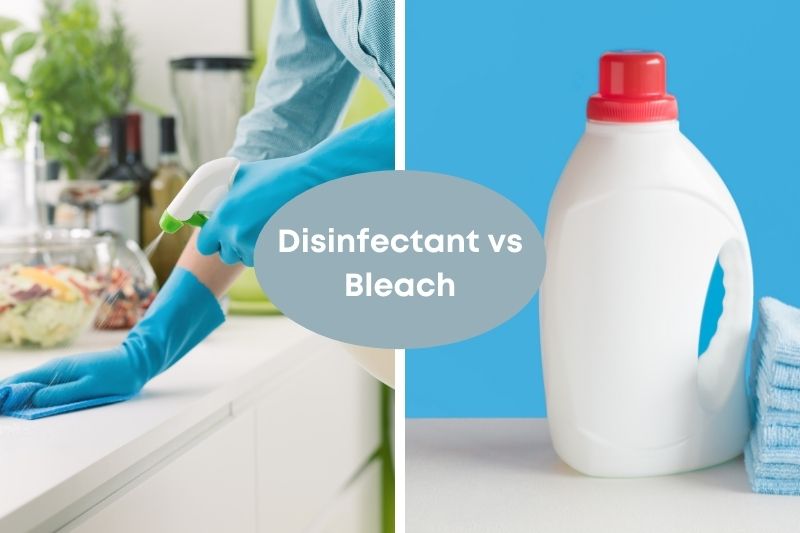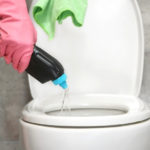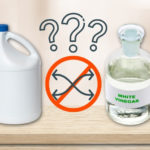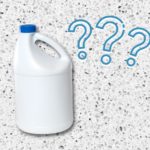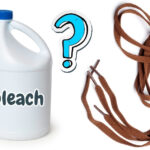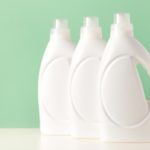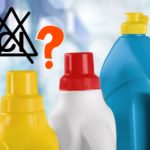Recent events mean that the world is suddenly hyper-aware of cleanliness and the importance of keeping surfaces free from nasty bacteria.
The market is full of a variety of types of cleaning product, and it can be tricky to know what product to use.
If you are wondering whether you should be using disinfectant or bleach, or even if they are the same thing, this article is for you.
Are Bleach and Disinfectant the Same Thing?
Disinfectant is a general term used to describe any chemical cleaning agent that is used on surfaces or objects such as the floor, walls, or sinks.
Disinfectants are specifically designed to eliminate things like viruses, fungus, mould, and bacteria that may have been living on your surfaces.
Bleach is the generic term for sodium hypochlorite. Bleach is just one type of disinfectant, with other types available including alcohol, formaldehyde, hydrogen peroxide and more.
When it comes to domestic use, you can generally choose from disinfectant sprays, multi-purpose cleaners, and disinfectant wipes.
Whilst bleach and all other disinfectants can be used in similar ways and for similar tasks, there are some key differences between them that should influence your decision.
When to Use Bleach
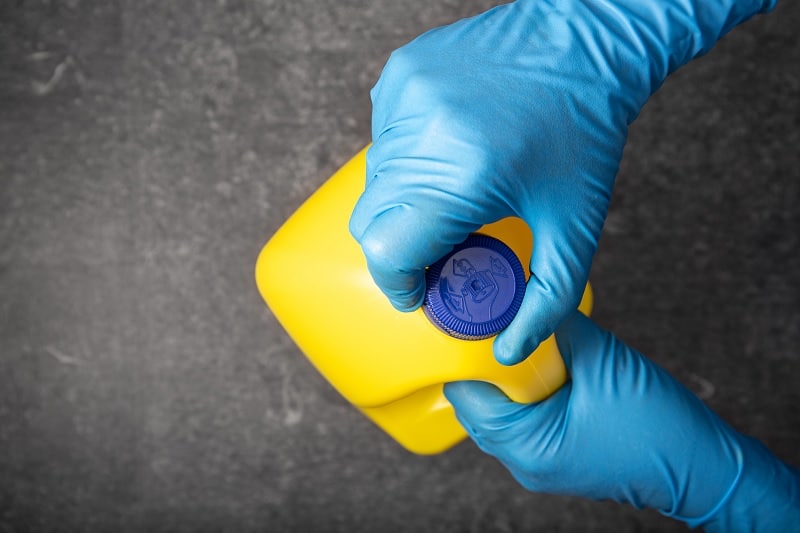
Bleach does a fantastic job of disinfecting surfaces, and it works well on tough stains too.
Whilst bleach you cannot deny that bleach is an effective disinfectant, it can also be destructive if not used carefully.
Bleach will do a great job of dealing with tough staining in sinks, bathtubs, doorknobs, and other sturdy surfaces that are both non-porous and durable.
If you are unsure as to whether you can use bleach on your specific surface, always conduct a spot test in an inconspicuous place before getting started.
To ensure bleach is being used safely, it should always be diluted with water, and you should always use adequate protective equipment to protect your skin and eyes.
Bleach should only be used with water and should not be mixed with other cleaning chemicals or hot water, as this can cause a release of toxic vapours.
When to Use Disinfectants
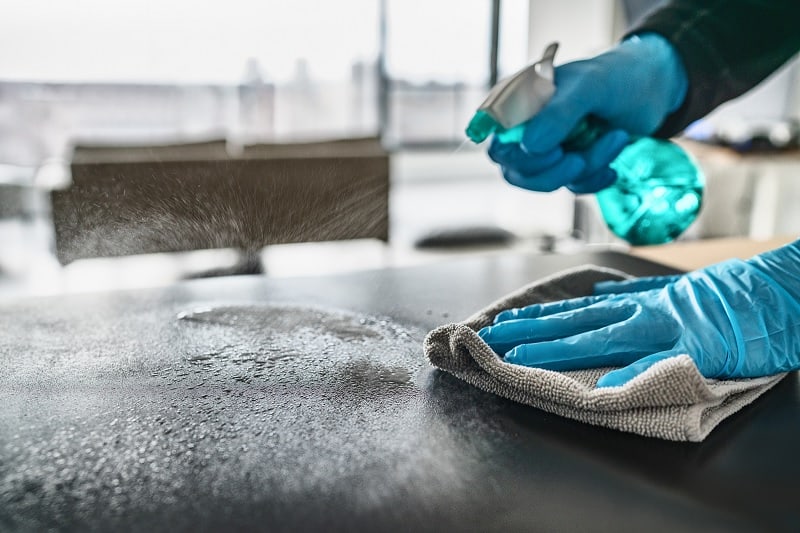
Common household disinfectants include sprays, multi-purpose cleaners, and disinfectant wipes.
Disinfectants can be used in all the same places as bleach, but also on surfaces where bleach should not be used.
Disinfectants often make use of ammonium compounds instead of the chlorine that is used in bleach, and this is much safer for use in kitchens or on surfaces likely to be damaged by bleach (see these recommended kitchen surface cleaners).
Disinfectants can be used on doorknobs, tables, dining chairs, kitchen counters, taps, toilet seats, light switches, TV remotes, and just about any other hard surface that is touched regularly.
Disinfectant sprays or multi-purpose cleaners often require quite a lot of water to rinse the surface afterwards.
This will not be a problem on non-porous or non-electronic surfaces such as tiles, hobs, and sinks, however it should be avoided on light switches, TV remotes, or wooden surfaces.
In these situations, disinfectant wipes may be a better choice.

Lover of coffee, painting, and all things cute and fluffy. I’m always on the lookout for easier, more gentle ways to tackle awful household chores.
